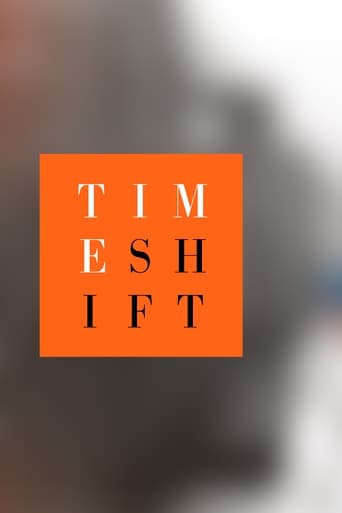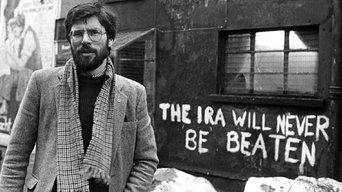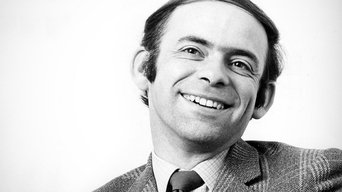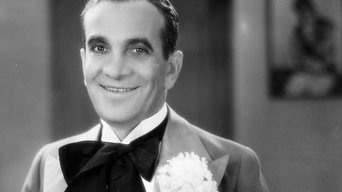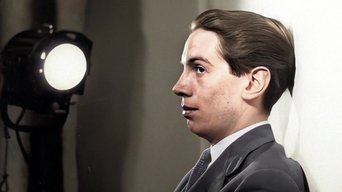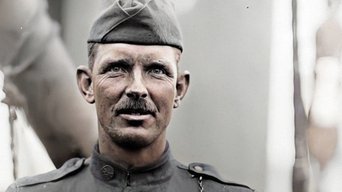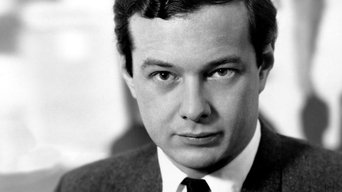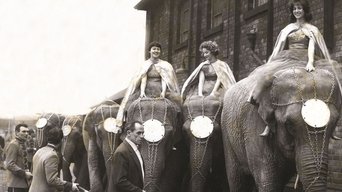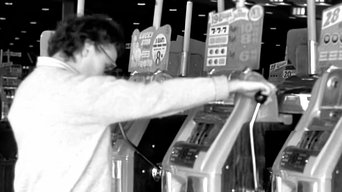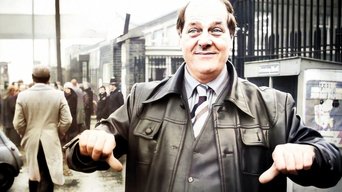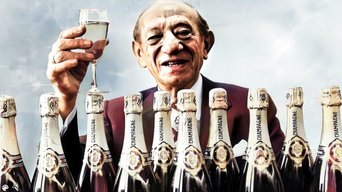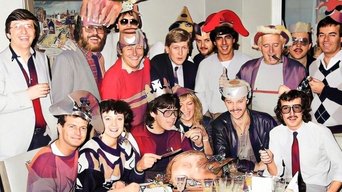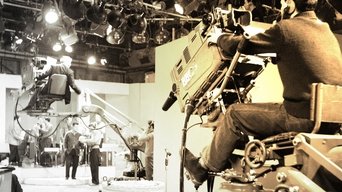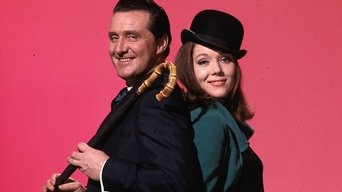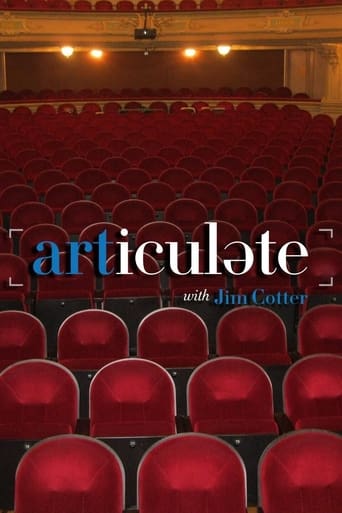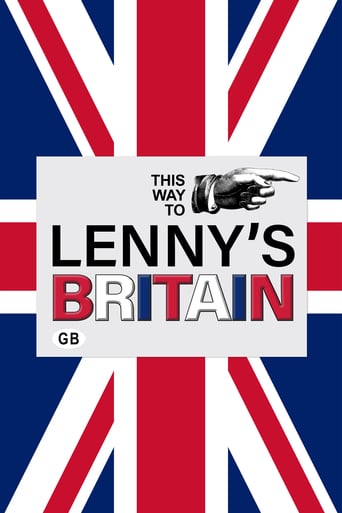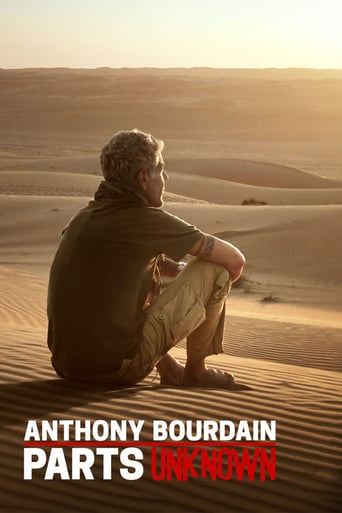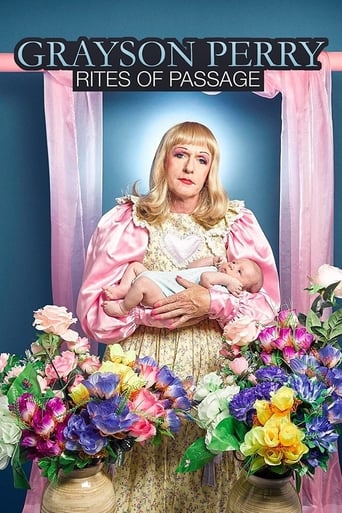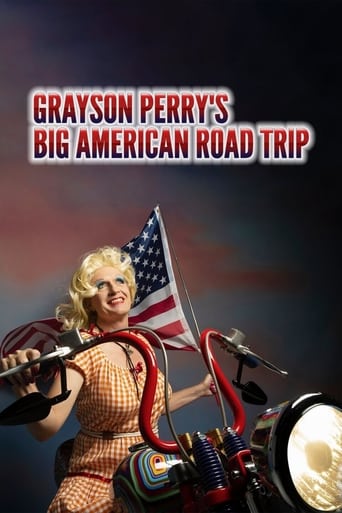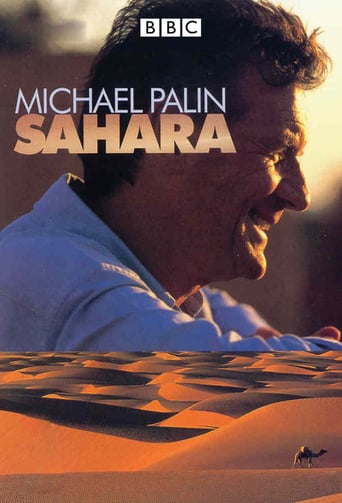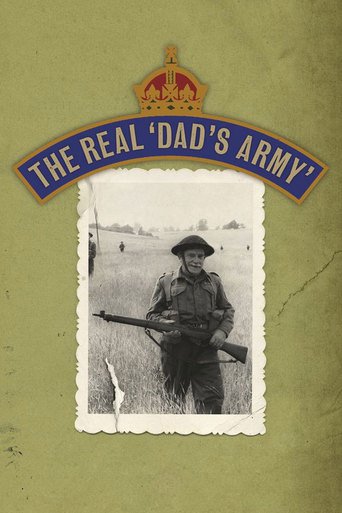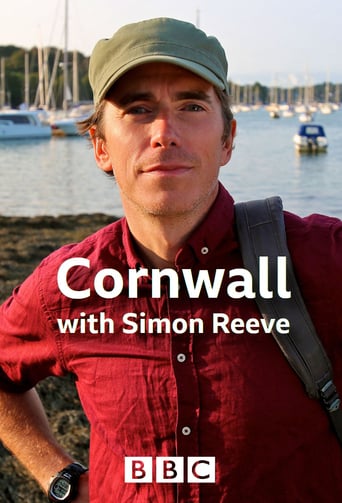Timeshift Season 4
With 30 Day Free Trial!
Timeshift
2002
Documentary series which ranges widely over Britain's social and cultural history, its narrative-led storytelling offering a richly immersive and varied window onto the past.
Watch Trailer
With 30 Day Free Trial!
Timeshift Season 4 Full Episode Guide
Doctor Who and Casanova have both benefited from the writing of Russell T Davies. Time Shift examines his work from children's TV to Queer as Folk and beyond, with contributions from Mark Lawson, Christopher Eccleston and Andi Peters.
When Margaret Thatcher 's government starved Sinn Fein of the "oxygen of publicity", it was the most direct level of censorship since 1945. Time Shift recalls an era in which the voice of Gerry Adams was replaced by that of an actor.
Writers Alan Bleasdale and Lee Billy Elliot Hall discuss the work of the writer for Time Shift. With critics Chris Dunkley and Dave Gelly, and director John Glenister.
Jewish entertainers have dominated parts of the industry in the UK and US for decades, Time Shift investigates why American Jews celebrate their ethnicity while their British counterparts have often masked or even denied their roots.
The rise and fall of the theatre critic - who brought swearing to the BBC and nudity to the West End - is traced by Time Shift. Presented by New Yorker critic John Lahr, it features rare contributions from Tynan's daughters.
Timeshift looks at conscientious objectors from the first World War to today; those who refused to serve for religious, moral or political reasons.
Timeshift celebrates the dynamos behind great British bands from the 1950s to today.
Timeshift explores how television's early days exploited the spectacle of the circus. Including the first live outside broadcast from Calais where a French circus artist's act was witnessed by Richard Dimbleby.
The National Lottery's launch in 1994 confirmed Britain as a nation of gamblers - yet just over 40 years ago, betting shops and casinos were illegal. Time Shift traces governmental efforts to control gambling through legislation.
Time Shift traces the rise and fall of British Leyland shop steward Derek Robinson. In the mid 70s, he wielded immense power over management at the Longbridge plant in Birmingham. But by the end of 1979 he had been fired, a victim of the Conservative government's bid to break union power.
Timeshift charts the spectacular growth of the supermarket over the past 50 years, examining how it has influenced British society.
Britain was, briefly, the unlikely player in the field of rocket research. Time Shift tells the story of unsung pioneers of space exploration: the rocket engineers, the scientists and, ultimately, the dreamers who never gave up on a vision of bringing the future into the present. Interviewees include Professor Colin Pillinger, lead scientist of Beagle 2.
Pete Tong and Ranking Miss P contribute to Time Shift's look at the evolution of the DJ from pirate radio outlaw to modern superstar.
Time Shift tells the stories of athletes ruined by drugs - or allegations of them.
Soap-dodging scroungers or free-thinking champions of an alternative lifestyle? Time Shift examines the origins of those regarded by many as social pariahs, revealing how at one time their ideas had a surprising degree of government support.
In the days before editing ensured slick production values and blemish-free performances, TV drama was a live medium. Bill Nighy narrates a Time Shift retrospective on a time when things didn't always go to plan on screen.
Time Shift examines the very special place occupied by the pub in British society. Arthur Smith narrates, with contributions from Jeremy Hardy , Rowan Pelling and Pete Brown.
Notting Hill Carnival is Britain's biggest street party and a celebration of London's cultural melting pot. But, as Time Shift reports, its success has been dogged by controversy. With Trevor Nelson
Time Shift profiles the late Jack Rosenthal from humble beginnings to his success as writer of such dramas as The Evacuees and Cold Enough for Snow.
TV fantasies played out on our TV screens in the mid sixties, Timeshift take a look back at the wild ideas, that took centre stage.
A look at the history of Britain's art schools, the most exciting educational establishments in Britain for two decades. The engines of the 1960s counter culture, they produced a generation of young go-getters who would take on the establishment and create the new industries of fashion, graphic design and pop music. Contributors include Brian Eno, Mary Quant, Kim Howells and Brian Rice.
Free Trial Channels
Seasons


